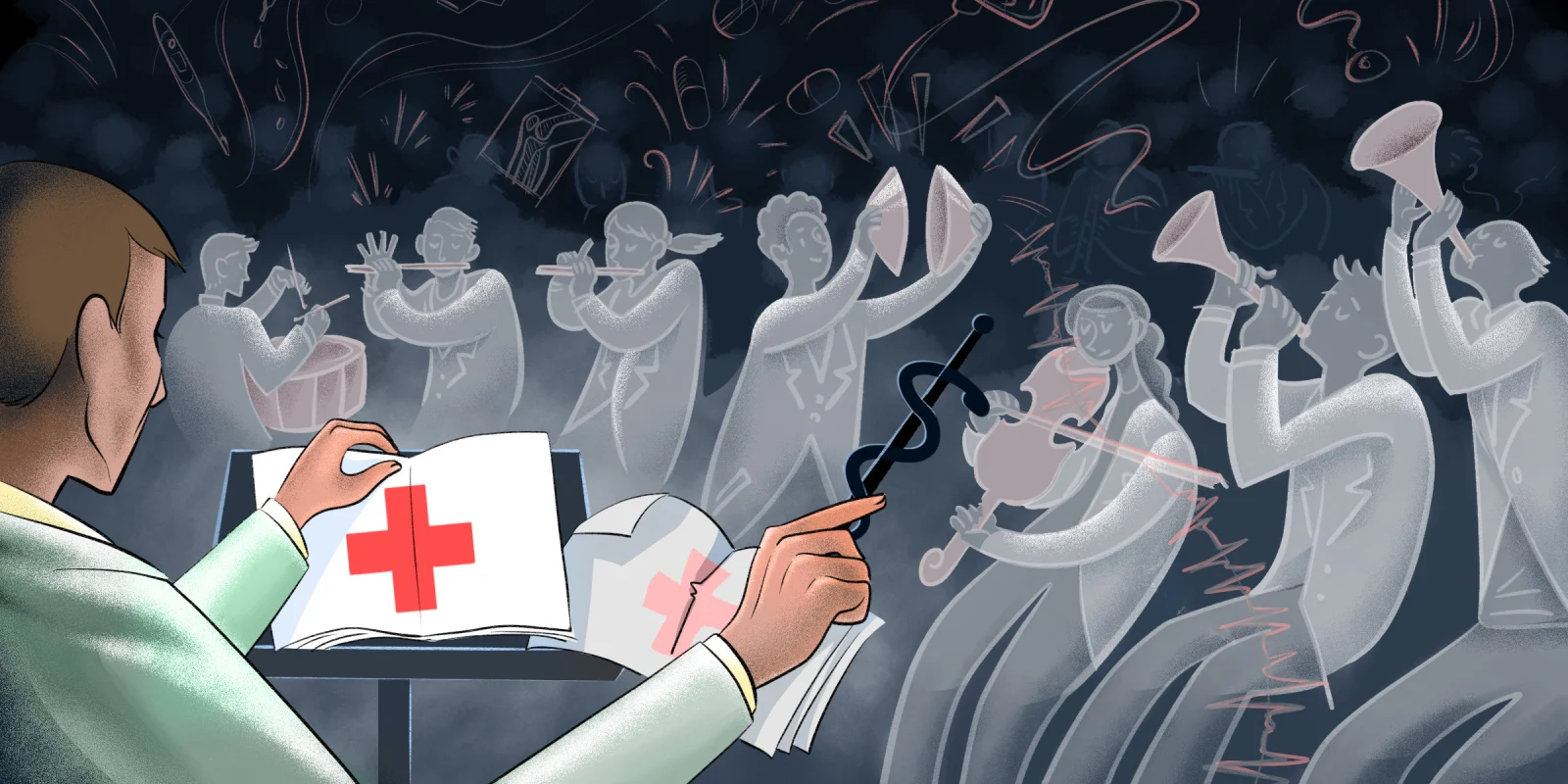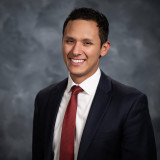“All right, team, let's change gears for the second half and attack the center rather than flank them from the left,” my high school soccer coach told our team as we huddled together in the middle of the field.
He pointed at me. “Ricky, I need you to look up and pass it to your teammate. He’s usually open near the goal post. Got it?” I nodded, signaling my approval.
It is no surprise that even talented players in professional sports have coaches to provide them with guidance, instruct them during practices and games, and deliver direction to the players. One can argue that they are equally as important as any player on the field. The coach often sets the tone for the rest of the team and is sometimes considered the 12th player on a soccer team or the sixth on a basketball team.
The coaches put the team together, and as part of their job, constructively critique players to help them sharpen their technique, achieve their goals, and follow their roles within the team. They are there to help the person be the best version of themselves. They do all this to push the whole team to improve. The dynamic of the team and the emotional environment are often a reflection of the coaches’ philosophies and active engagement.
Why is it so hard to find this type of coaching or mentorship in a medical setting after residency?
Even though medical residency offers training under the supervision of an attending, physicians always have room to hone their skills and expertise. In just about every sport, you can find coaches on the sidelines. They are advocates for the athletes’ progress in becoming the best version of themselves. Even Floyd Mayweather, one of the most decorated boxers, still has a coach.
With the advent of medical innovations, continuous changes in medical insurance policies, and evolving medical conditions, we clinicians need guidance under our belts more than ever. We need someone to see our blind spots. We need someone to point out what we can do better. We need to keep up with the pace of medical advances.
There is a big upside to getting a coach who can support physicians based on their particular work. A general surgery team, for example, can benefit from a coach that teaches them about efficiency, points out possible methodologies that reduce medical errors, and increases team collaboration among everyone in the OR.
One can also consider the idea of peer-to-peer coaching. With medical innovations flourishing in all corners of the earth, physicians can take advantage of the unique knowledge and experience of their peers. We can ask our peers for other ways to tackle clinical situations. All in all, a coach can take clinicians to unchartered territories and help cultivate new perspectives.
Just as a sports coach is supposed to bring a team together and deliver the best result, a medical coach can put the team on the same page and help improve the skills and performance of different members in their respective roles. A medical coach can also help unlock potential and bring clinicians closer to their maximum ability.
There is always room for improvement, no matter how great a physician currently is: New techniques to learn. Old techniques to hone. Better ways to be efficient in an outpatient clinic. Stronger ways to find a connection with patients and medical staff.
A coach can set physicians on a path that leads us to be better, instructing us on what could have been done more effectively or safely with a patient encounter or a surgery. We would do our patients and ourselves a favor by getting one.
It is time to make this a trend in the medical field. Together, we can help one another be the best version of ourselves. As famed basketball coach John Wooden said, “A good coach can change a game. A great coach can change a life.”
How might seasoned clinicians benefit from a medical coach? Share your thoughts in the comment section.
Ricardo Chujutalli received his MD from Loma Linda School of Medicine and MBA from La Sierra University. He is currently enrolled in the Masters in Bioethics and hopes to further his interests in physician wellness and community in health care.
Illustration by April Brust





